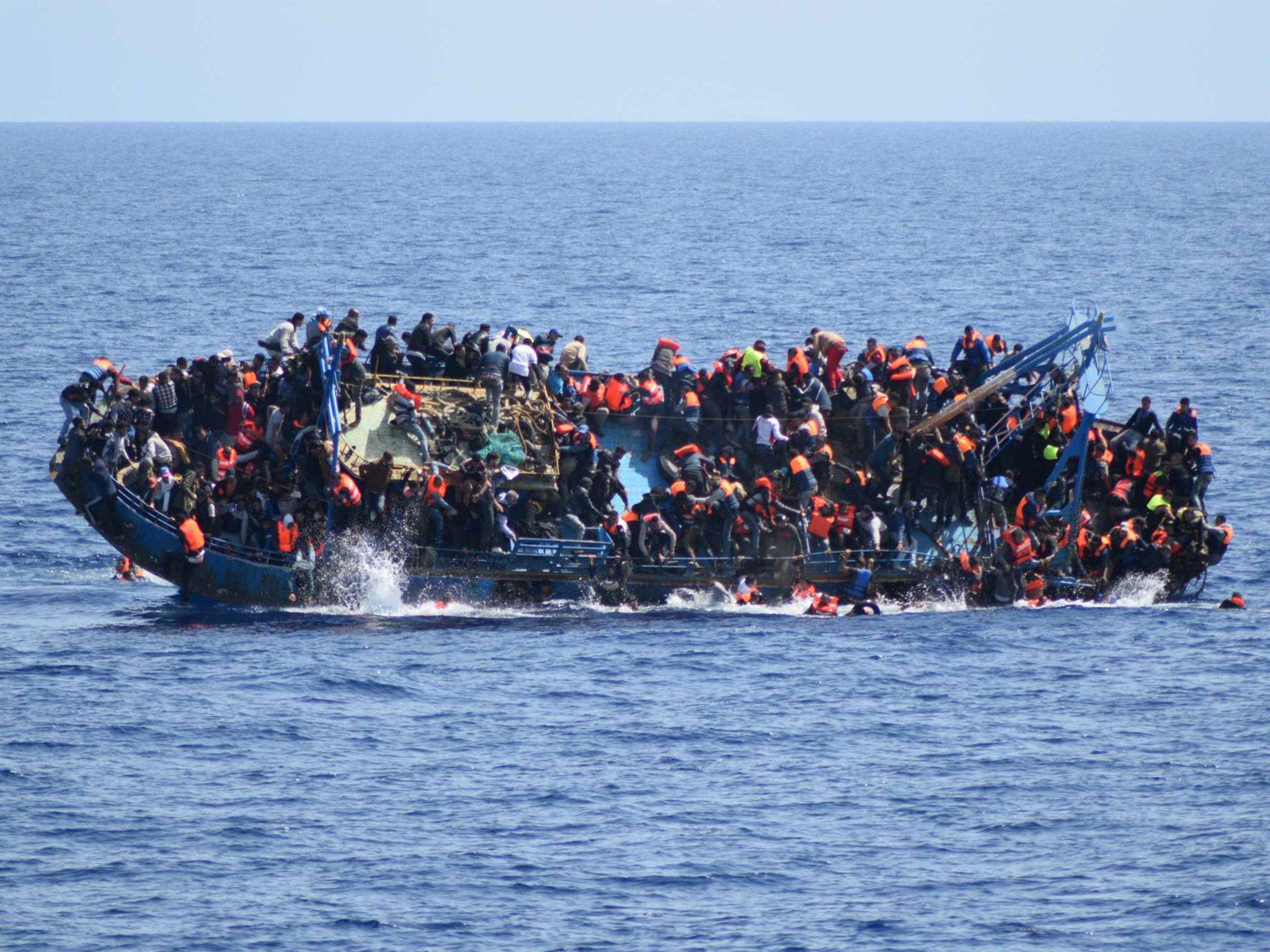At least 70 people have drowned off the coast of Mauritania, in northwest Africa, and more than 60 others are missing after a boat capsized, officials said on Friday.
Sixteen people were rescued, five of them from Gambia, that country’s Ministry of Foreign Affairs said in a statement confirming the episode. The capsizing, which occurred early Wednesday, was one of the worst this year in a region where such shipwrecks have become common.
Most of those aboard were from Gambia and Senegal, and they were thought to have set off from Sami Koto, a fishing village in Gambia. The recovered bodies were promptly buried, the statement said.
“Tragically, based on the number of survivors and the vessel’s estimated passenger count, it is believed that over 100 people may have perished in the incident,” it read.

Thousands of Africans risk their lives traveling on small boats that take the dangerous and illegal route to Europe, braving stormy seas and the significant risks of capsizing.
The most deadly way is the Atlantic route — which follows the West African coast up past Gambia, Senegal, Mauritania and Western Sahara, aiming for the Canary Islands, which are part of Spain.
It is nearly impossible for most Gambians and Senegalese to get to Europe legally. Visas are expensive and rarely granted, especially to people with low incomes.
For almost everyone who embarks on such a journey, the goal is merely to get a job that pays better than work they can find at home, send money back to their families and then return home.
There are other risks. West and Central African migrants and asylum seekers trying to leave or transit through Mauritania have been arrested, tortured, raped, robbed and subjected to racist treatment, according to a report released this week by Human Rights Watch that documented serious rights violations over the past five years.
By June this year, at least 1,865 people had died trying to get to Spain by sea, according to Caminando Fronteras, a Spanish human rights nonprofit organization focused on migration.
During all of last year, about 10,500 people died, Caminando Fronteras said, among them 1,538 children — numbers that it said resulted from policies more focused on migration control than on rescuing those whose boats have capsized.
Comparing these numbers with the registered number of arrivals suggests that one in five people who try to reach the Canary Islands die during the journey.
But the death tolls are believed to be far higher. Because of the clandestine nature of such migration, a precise number for how many people have made the attempt is not known.
Recently, many boats have been intercepted, particularly in the waters off Senegal, according to local news reports. West and North African governments, including those of Senegal and Mauritania, receive funding from the European Union to tackle migration.
Several countries that get such aid use brutal tactics to block sub-Saharan Africa migrants from getting to Europe. The human rights violations include so-called desert dumps, where migrants are abandoned in the Sahara without food or water.